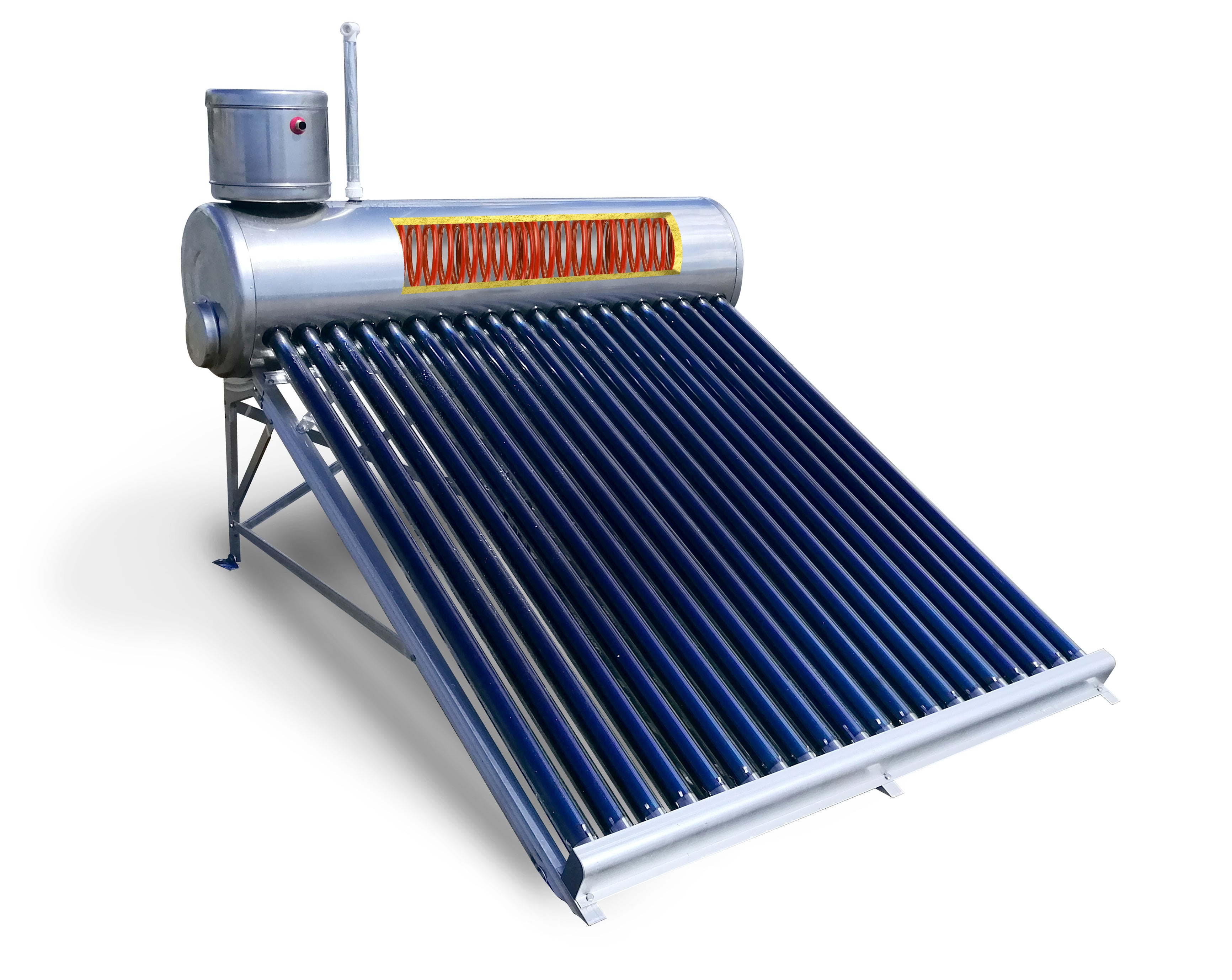
The Ultimate Guide to Solar Energy: How Solar Panels Work and Their Benefits
In recent years, solar energy has emerged as a leading renewable energy source, offering homeowners and businesses a sustainable and cost-effective alternative to traditional fossil fuels. As the world continues to grapple with the challenges of climate change and environmental degradation, the adoption of solar energy has become increasingly important in reducing carbon emissions and mitigating the impacts of global warming. In this comprehensive guide, we'll explore how solar panels work, their environmental and financial benefits, and key considerations for those interested in harnessing the power of the sun.

How Solar Panels Work:
At the heart of a solar panel system are photovoltaic (PV) cells, which convert sunlight into electricity through a process known as the photovoltaic effect. When sunlight strikes the surface of a PV cell, it excites electrons, creating an electric current that can be captured and used to power electrical devices. Solar panels are typically made up of multiple PV cells connected together in series and mounted on a frame to form a solar panel module. These modules are then installed on rooftops or other suitable locations where they can receive maximum exposure to sunlight.
Environmental Benefits:
One of the most compelling reasons to invest in solar energy is its environmental benefits. Unlike fossil fuels such as coal, oil, and natural gas, which emit harmful greenhouse gases when burned for energy, solar energy produces no air or water pollution and generates no carbon emissions. By transitioning to solar power, we can significantly reduce our carbon footprint and help combat climate change. Additionally, solar energy is a renewable resource, meaning it will never run out and can be harnessed indefinitely to meet our energy needs.

Financial Benefits:
In addition to its environmental advantages, solar energy offers numerous financial benefits for homeowners and businesses. One of the most significant financial incentives for solar energy is the potential for long-term cost savings. By generating electricity from the sun's abundant and free energy, solar panel owners can significantly reduce their reliance on grid-supplied electricity and lower their monthly utility bills. Furthermore, many governments and utilities offer financial incentives, such as rebates, tax credits, and feed-in tariffs, to encourage the adoption of solar energy, further offsetting the upfront cost of solar panel installations and increasing the return on investment.
Choosing the Right Solar Energy System:
When considering a solar energy system for your home or business, it's essential to choose the right system to meet your energy needs and budget. Factors to consider include the size and orientation of your roof, the efficiency of the solar panels, the availability of sunlight in your area, and your electricity consumption patterns. Consulting with a reputable solar installer can help you assess your options and design a customized solar energy system that maximizes your energy savings and environmental impact.

